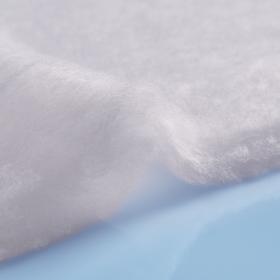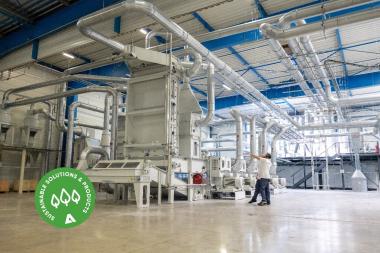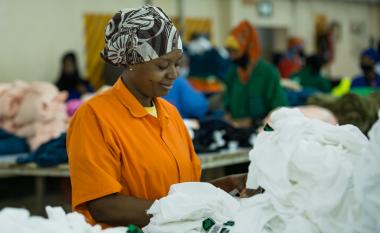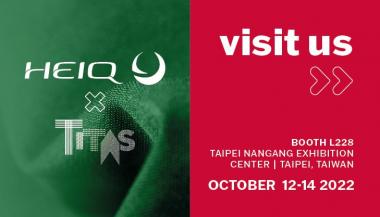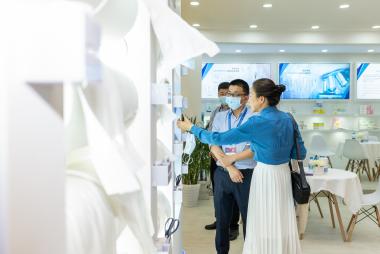Freudenberg presents sustainable product innovations at ISPO 2022
Freudenberg Performance Materials Apparel (Freudenberg) as a leading specialist in woven, knitted and non-woven interlinings and thermal insulation, presents sustainable solutions for sportswear and related product segments of all kinds in Munich.
Trade show visitors will experience a wide range of innovative and sustainable interlinings for active sports outfits, stretch interlinings for yoga wear, Pilates & Co, and thermal insulations that combine perfect outdoor wearing comfort with high warmth retention. With comfortemp® brand thermal insulations and the Active Range, Freudenberg presents a complete package for outdoor and sportswear for winter sports: thermal insulations, interlinings, tapes, lining fabrics and adhesive solutions.
The independent jury has nominated the 100 percent biodegradable thermal insulation comfortemp® nature Lyocell HO 60x, made from Lyocell regenerated fibers, for the Textrends Award fall/winter 2024/25 season. The award is given exclusively to innovative products that are groundbreaking for the development of the textile industry. comfortemp® nature Lyocell HO 60x has a variety of extraordinary performance characteristics as a high warmth retention, bacteria inhibiting and fast drying, furthermore water repellent. High wearing comfort and the assurance of a perfect moisture balance characterize the volume fleece as ideal for the application in sportswear.
Freudenberg is presenting its entire European and global product portfolio from its "House of Sustainability" at ISPO. The "House of Sustainability" supports Freudenberg in minimizing its ecological footprint and maximizing its ecological handprint. For this purpose, the company's own manufacturing processes are designed to minimize the impact on the environment. In addition, products are developed to help customers produce more sustainably.
Freudenberg Performance Materials Holding SE & Co. KG


